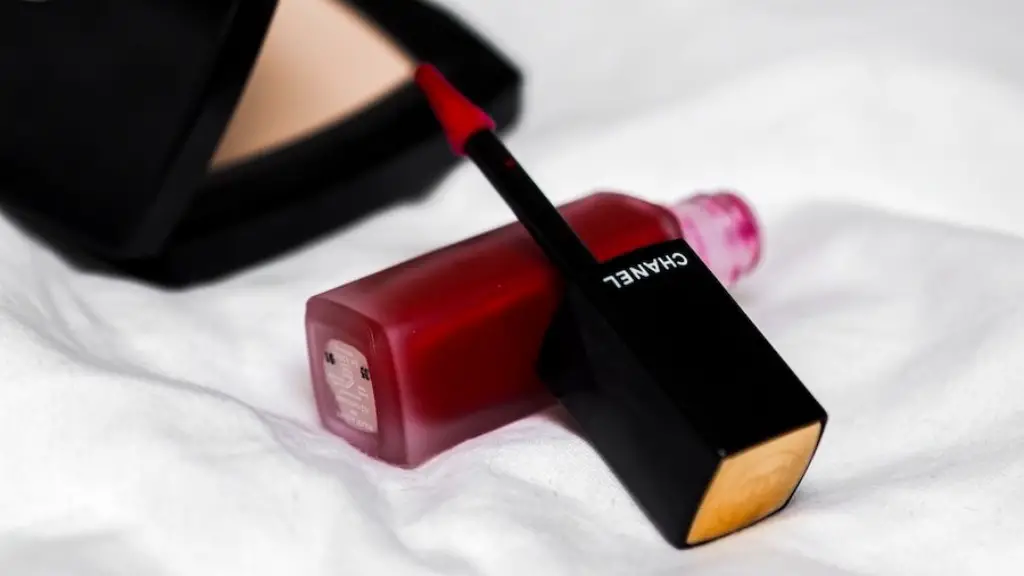There is no one answer to this question, as it can depend on the specific situation and circumstances surrounding the divorce. However, in general, it is likely that any gifts given to a mistress by a married man would be considered part of the marital assets and would therefore be subject to division during the divorce. This is particularly true if the gifts were given during the marriage and were not given with the intention of them being a gift to the mistress specifically. If the gifts were given after the relationship had ended, then they may be more likely to be considered as the property of the mistress and not subject to division during the divorce.
There is no one answer to this question as it varies from case to case. In some instances, a mistress gift may be considered marital property and subject to division in a divorce, while in others it may be considered separate property and not subject to division. Ultimately, it will depend on the state in which the divorce is filed, the circumstances surrounding the gift, and any applicable court precedent.
Can gifts be split in divorce?
If you are married and wish to split gifts between you and your spouse, there are a few things you need to know. First, you must be legally married under state law. Second, each spouse must be a US citizen or resident during the year in which the gift is made. Lastly, both spouses must provide their consent to the IRS to split gifts. If you meet all of these requirements, you should be able to split gifts between you and your spouse without any problems.
Most etiquette experts agree that wedding gifts are not given to the couple conditional upon the success of the marriage. Because of this, a divorced couple does not need to return any of the gifts.
How do gifts get split in divorce
In general, gifts made to one spouse are considered “separate property,” meaning that they belong solely to the spouse who received them, even if they were received during the marriage. However, courts may consider the financial resources of each spouse, including separate property, when determining the terms of the divorce. This means that if one spouse has significantly more financial resources than the other, the court may take that into account when making decisions about the division of property and other aspects of the divorce.
If you give a gift to your spouse, it is not recoverable in a divorce. The gift is considered separate, not marital, property, so it is not subject to equitable property division.
Who owns gifts in divorce?
However, there are some exceptions to this rule. For example, if a gift was given with the intention that it be used for a specific purpose (such as a down payment on a house), then it may be considered separate property.
If you have any questions about whether a particular asset is considered separate or marital property, it’s best to consult with an experienced family law attorney.
A pure inter-spousal gift is an asset that was given by one spouse to the other during the marriage. Such a gift falls directly within the Women’s Charter’s definition of “matrimonial asset”, and is therefore considered to be part of the marital assets.
Do you throw away wedding pictures after divorce?
Most exes will agree to lend you the photos to have them scanned. This is a great way to get rid of old photographs that may be preventing you from moving on to the future.
If the wife has bought any jewellery for the husband, it will be treated as his property in a mutual-consent divorce. However, the wife would have the legal right to keep most of the jewellery. Any arrangement that is suitable to both the parties is acceptable.
Is jewelry an asset in divorce
Jewelry is often seen as one of the most valuable and sentimental gifts that a person can give or receive. However, when a couple divorce, all of their personal belongings, property, and other assets and debts have to be divided among them. This includes any jewelry that was given to one spouse by the other. In California, the community property rule applies to any assets given during the marriage, which means that the jewelry would have to be divided equally between the two spouses.
If you’re worried that your spouse may be hiding assets, there are a few common ways to check. Here are the seven most common ways that spouses hide assets:
1. Hiding Cash: It’s not sophisticated, but it is easy! If you suspect your spouse is hiding cash, be sure to check places like hidden pockets in clothing, under mattresses, in the back of drawers, and in safety deposit boxes.
2. Buying New Possessions: If your spouse suddenly has a lot of new possessions, it could be a sign that they’re hiding assets. Be sure to ask where the money for these new items came from.
3. Paying Off a Family Loan: If your spouse pays off a family loan without telling you, it could be a sign that they’re trying to hide assets. Be sure to check on the status of any loans you jointly hold.
4. Not Reporting Cash Income: If your spouse is earning cash income but not reporting it, it could be a sign that they’re hiding assets. Be sure to check your joint bank accounts and tax returns for any suspicious activity.
5. Delaying Bonuses or Promotions: If your spouse delays bonuses or promotions at work,
Are gifts considered assets?
This is an important thing to keep in mind if you are considering giving a large gift to your spouse. Even if the gift is not directly related to any marital assets, it will still be considered separate property and will not be subject to division during a divorce. Therefore, it is important to think carefully about whether you want to give a large gift to your spouse during marriage, as it may not be something that you can later take back.
This philosophy is called equitable distribution and it states that all marital assets must be split in an equitable, although not necessarily equal, manner. This means that if you receive any wedding gifts during your marriage, they will be considered marital assets and will be subject to equitable distribution laws if your marriage ends in divorce.
What should you not do after a divorce
The internet is a public space and anything that is posted online can be accessed by anyone. This means that anything you post online can be used against you in court. So, if you are ever questioned about something you have posted online, it is best to be honest and upfront about it.
Think twice before posting anything that could be considered questionable, illegal, or immoral. This includes anything relating to pornography, gambling, medications, online dating, or online trading. All of these activities can be used against you in court. So, if you are ever questioned about something you have posted online, it is best to be honest and upfront about it.
An engagement ring is a symbol of love and commitment, and is given with the expectation of marriage. If the marriage does not occur, then the ring should be returned to the person who gave it. After marriage, if the couple decides to divorce, then the ring should be returned to the person who was proposed to.
Can an ex ask for gifts back?
If you have been given a gift that you do not want, it is not necessarily rude to return it. In some cases, it may be appropriate to return a gift, especially if the gift was given with certain expectations or conditions attached to it. For example, if you receive a family heirloom as a gift with the expectation that you will keep it in the family, you should probably return it if the relationship ends.
In addition to the more common assets that are taken into account during divorce proceedings, there are also non-matrimonial assets. These can include inheritance, family businesses, and property purchased in your own name, rather than jointly with your spouse. Non-matrimonial assets may be subject to different rules and regulations, so it’s important to be aware of them when going through a divorce.
Warp Up
gifts given by a mistress to her lover are generally not considered marital assets and are not subject to division during a divorce. However, if the gift was given with the intention of influencing the outcome of a divorce, such as buying the favor of a judge, then the gift may be considered a form of bribery and be subject to seizure.
There is no one answer to this question as it depends on the circumstances of each individual divorce. However, it is worth noting that in many cases, any gifts given to a mistress by a married man are considered to be marital property and may be subject to division during the divorce proceedings. Therefore, it is possible that a mistress could end up losing any gifts she received from her lover during a divorce.





